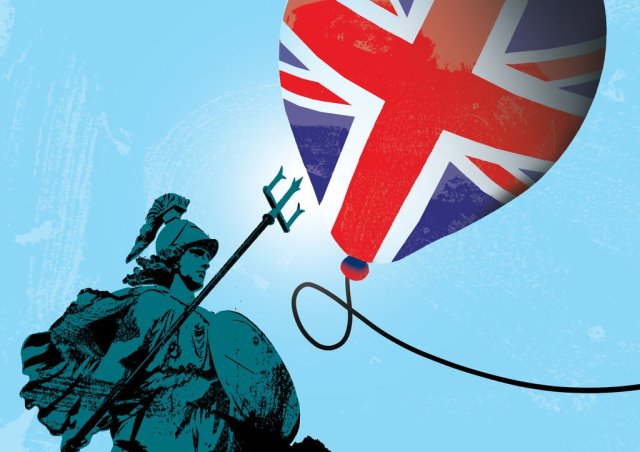
Shonagh Rae.
The young people of England, like those in the rest of Britain, … understand we need liberation from the practices of Westminster and Whitehall, not Brussels, and from the self-defeating rage of the old.
David Edgerton, a British historian, writes: “The ‘United Kingdom’ is neither ancient nor stable.”
After 1945, “Britain” — a national United Kingdom — was one of many post-imperial constructions that emerged from the ashes of the British Empire… This national United Kingdom was broken up economically starting in the 1970s by the closely related processes of globalization and deepening economic integration with Europe.
Edgerton argues that the U.K.’s dissolution, which may be likelier after Brexit, could ultimately be beneficial for each country — Northern Ireland, Scotland, Wales and England.
Despite its being the dominant nation in the United Kingdom, the arrangement hasn’t been good for [England]. It doesn’t have a sense of itself as a nation to be transformed and is divided between the vibrant, youthful and pro-European big cities — especially London — and the aging, stagnating and anti-European rest of the country.
(David Edgerton, “Boris Johnson Might Break Up the U.K. That’s a Good Thing,” NYTimes, 1-10-20)
This is my first encounter with a somewhat positive vision of a conceived post-U.K. future.
(c) 2020 JMN

“and the aging, stagnating and anti-European rest of the country.” This sounds like Clinton’s lunatic comments about the “deplorables”, in other words a perception, or rather a projection, of backwardness on the working class majority issued from the elite in their ivory towers. Anywhere I’ve lived in the world the real problem is not the average people who are supposedly adverse to change, but rather the corruption of the ruling elite.
“This is my first encounter with a somewhat positive vision of a conceived post-U.K. future.” Perhaps if you looked anywhere other than the NYTimes you’d get something other than their social agenda.
LikeLike